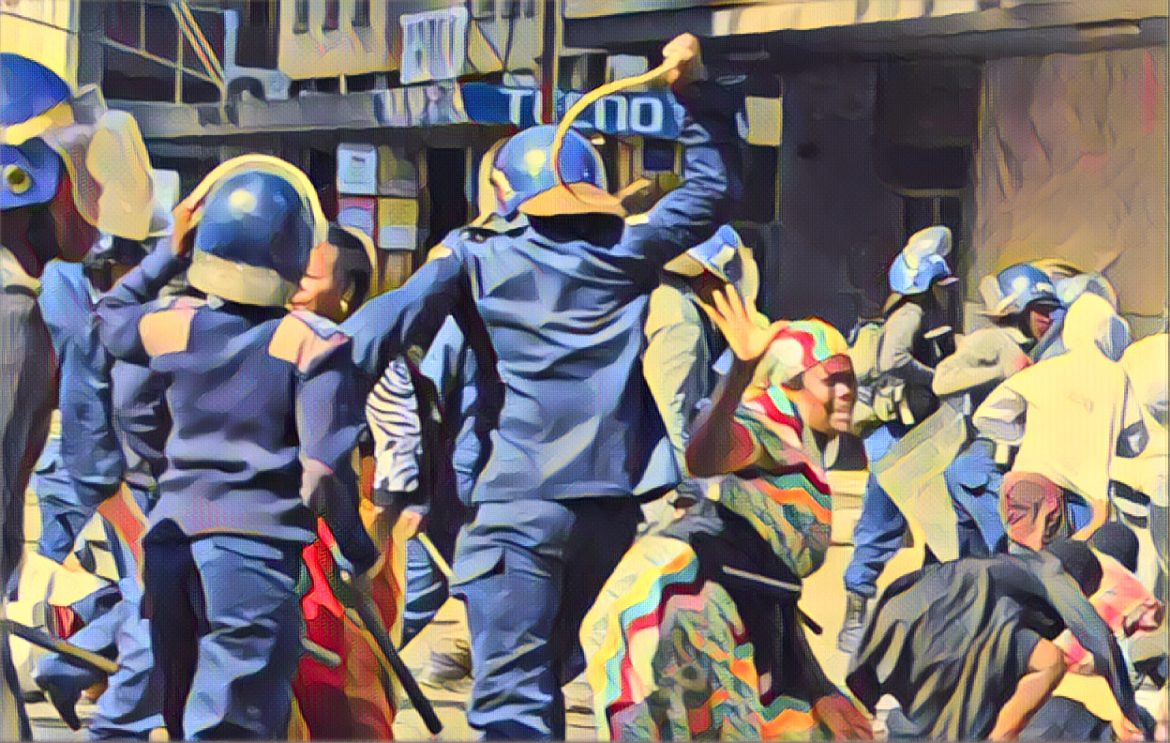Zimbabwe has been placed alarmingly low on the Human Freedom Index (HFI), ranking 153 out of 165 countries. This ranking, revealed by the Fraser Institute, a Canada-based independent research organisation, casts a stark light on the country’s troubling human rights situation.
The HFI, which assesses the absence of coercive constraints, utilises 86 indicators spanning various aspects of freedom, including the rule of law, security, freedom of expression and association, and the judiciary’s operations. The report found a strong correlation between human freedom and democracy, underlining freedom’s critical role in human well-being and its influence on political regimes and economic development.
This concerning ranking emerges amidst a backdrop of deteriorating human rights in Zimbabwe. Incidents of political repression compromised legal systems, and lackluster economic progress have led Amnesty International to urge the African Union to pressure the Zimbabwean government to respect human rights.
With a score of just 4.86 out of 10 in human rights, Zimbabwe’s position in the HFI is a cause for global concern. The country’s rankings on personal and economic freedom are similarly troubling, with scores of 5.61 and 3.81, respectively.
According to a report by Newsday, Farai Marapira, Zanu-PF’s Director of Information, expressed reservations about the index, questioning the criteria used for the ranking. He suggested that the low ranking might be part of an agenda against the party, calling for more factual approaches.
Political analyst Effie Ncube described the index as an accurate portrayal of Zimbabwe’s situation. He highlighted the numerous constraints on freedoms of association, expression, and assembly, alongside a lack of rule of law and persecution of dissenting voices. Ncube believes this report will amplify calls for democratic reforms and complicate efforts to lift sanctions and revive the economy.
Rejoice Ngwenya, a political observer, echoed these sentiments, describing Zimbabwe as one of the most “unfree” countries globally. He pointed out the intimidation and arrest of opposition members, the near one-party state, and rampant corruption, all contributing to Zimbabwe’s isolation and economic difficulties.
Vivid Gwede, another political observer, noted the increased restrictions on civil and political freedoms in Zimbabwe, especially in the context of recent electoral disputes. The arbitrary arrests and harassment of political opponents and the virtual ban on peaceful demonstrations highlight the worsening situation.
Political commentator Rashweat Mukundu also raised concerns about Zimbabwe’s failure to uphold its constitutional and international human rights obligations. He cited abductions, torture, killings of political opponents, corruption, and poor public service delivery as evidence of the country’s struggles.
In conclusion, Zimbabwe’s low ranking in the Human Freedom Index is a sobering reminder of the challenges the country faces in terms of human rights and democratic freedoms. The international community’s focus is now on how the Zimbabwean government will respond to these findings and whether it will take steps to improve its human rights record.


